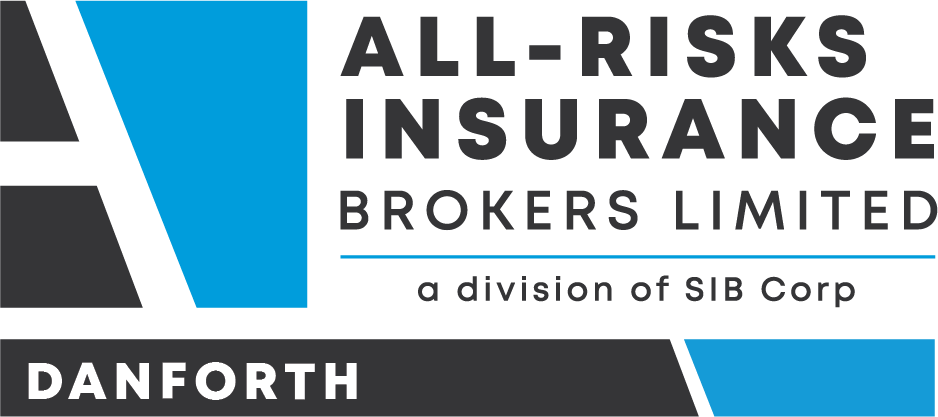Surety Bonds- What Are They?

What is a surety bond?
Simply put, a Surety Bond is a promise by someone to assume the financial responsibility of a borrower if that borrower fails to complete work as promised. It’s an agreement that financial restitution will be made should the party providing the service not fulfill their obligations and is made between three parties:
- Principal – the party that purchases the bond and becomes obligated to perform the work as promised.
- Surety – the party (usually an insurance or surety company) that guarantees the obligation will be performed. If the principal fails to perform the work as promised, the surety will be liable for the losses sustained.
- Obligee- the party to whom the bond is payable in the event of a default
There are different types of Security Bonds:
1. Contract Surety Bonds
Contract Surety Bonds are used primarily in the construction industry. They provide financial security and the assurance that construction projects will be completed by promising the project owner (the obligee) that the contractor (the principal) is qualified to perform the work and that they will pay specific subcontractors, labourers and material providers. They protect the obligee from financial loss in the event that the principal fails to fulfil the terms and conditions of their contract. A surety prequalifies a contractor and guarantees that they will finish a project and pay their bills.
Contract Surety bonds:
- Are used primarily in the construction industry.
- Protect the obligee from financial loss in the event that the principal fails to fulfill their contract.
- Ensure the obligee is protected against a contractor’s inability to complete a job.
The most common types of projects secured by surety in the public sector are:
- Project security for construction contracts
- Performance security for service contracts (e.g. recycling, waste collection, snow removal)
- Public-private partnership (P3 contract) such as a hospital or road infrastructure.
2. Commercial Surety Bonds
Commercial Surety Bonds protect the consumer against fraud, misrepresentation, and compensation of monetary loss and are typically required by federal and/or provincial courts, government bodies, financial institutions, and private corporations. These bonds guarantee that the business or individual will meet all legally required obligations.
Commercial Surety Bonds can be used to guarantee performance of non-construction related contracts. For example, an organization that uses an outside company to supply and install a piece of equipment may require a bond so that the supplier not only installs the equipment but will also service that equipment.
Commercial Surety Bonds:
- Satisfy the security requirements of public, legal and government entities and protect against financial risk.
- Guarantee that the business or individual will comply with all required legal obligations.
Industry Licensing Requirements
In Canada, Surety Bonds may only be issued by companies licensed to do so; they may be licensed by a federal body or by a provincial insurance regulatory body. It is not easy to obtain this type of license as there are many demanding requirements and applicants must demonstrate financial solvency ie the ability to meet long-term debts and financial obligations.
To learn more about Surety Bonds contact the knowledgeable team at All-Risks Insurance Brokers Danforth.
